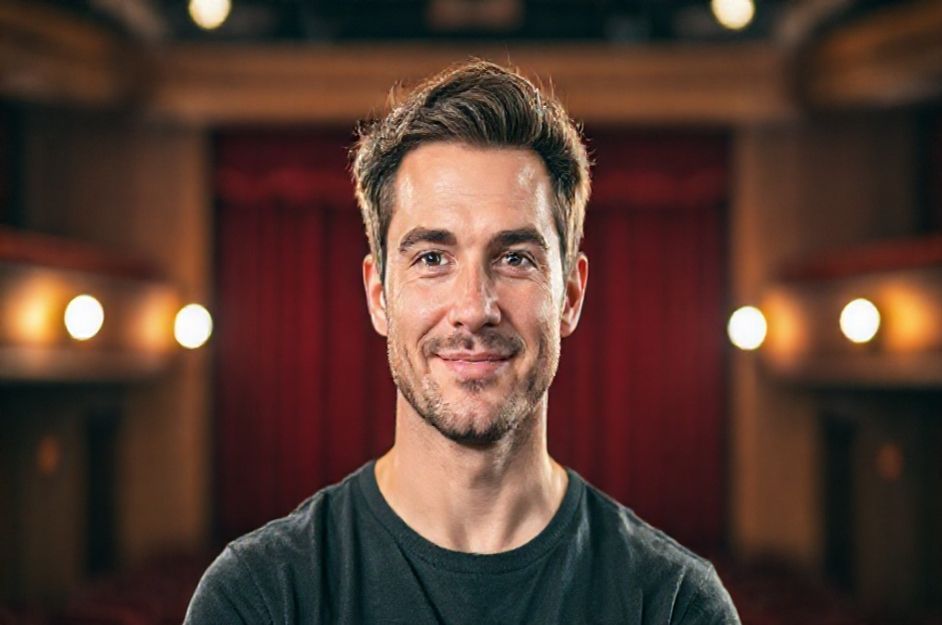Landing an acting role often hinges on a successful audition. While no guide can guarantee a part, understanding the audition process and preparing effectively can significantly increase your chances. The audition process can be broken down into three key phases: Preparation, Performance, and the Result. Let’s explore each phase to help you approach auditions with confidence.
**THE PREPARATION**
Thorough preparation is paramount. Research everything you can about the project, the character, the director, the production company, and the writer. Demonstrating this level of dedication shows you’re serious and committed. Practice your monologues extensively. Rehearse aloud in front of different people to gather diverse feedback. If live feedback is limited, record yourself (both video and audio) to gain a fresh perspective on your performance. Plan your route to the audition location meticulously, accounting for travel time, and arrive early. This allows time to relax and warm up. Bring a book, water, snacks, or calming music to stay occupied while waiting. Remember to be courteous to everyone you encounter. The actor you compete with today could be a future collaborator. Do not be intimidated by other actors; remember that confidence is important, but they may be just as nervous as you.
**THE PERFORMANCE**
First impressions are crucial. Enter the audition room with confidence, positivity, and friendliness. Remember that the casting team wants you to succeed. Being open and personable helps the director envision working with you on a personal and professional level. Keep questions concise and relevant, respecting the casting team’s time. Your initial monologue should ideally be under two minutes. Have additional monologues prepared that showcase your range and versatility, including a longer piece if requested. Be prepared to take direction and re-read lines as instructed. Active listening is essential. Ask clarifying questions if needed, and demonstrate flexibility by adapting your performance based on the director’s feedback.
**THE RESULT**
Rejection is an inevitable part of the acting profession. Even with meticulous preparation and a strong performance, you may still be turned down. This doesn’t necessarily reflect on your talent; it simply means the casting team felt another actor was a better fit for that specific role at that particular time. If you receive a callback, congratulations! The same principles apply, with additional nuances that will be discussed in another article.
